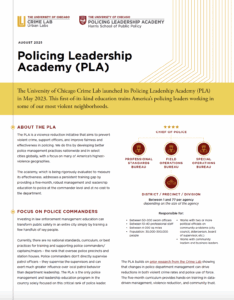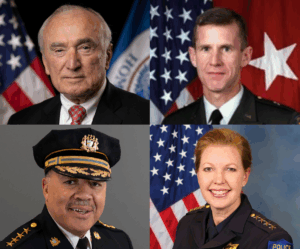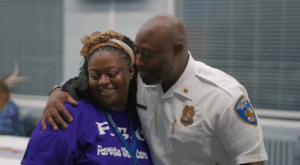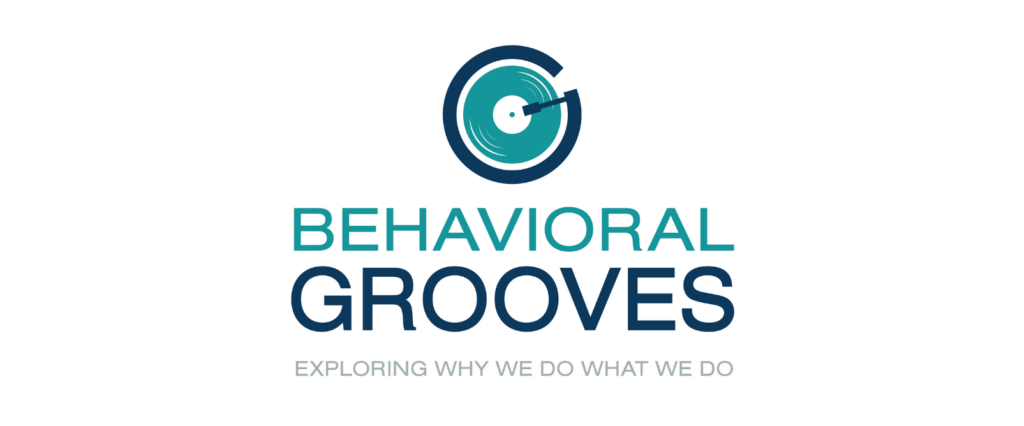Sep 2023
NCGVR Webinar: Interventions to Improve Police Effectiveness
Topics
Projects
In a recent webinar hosted by the National Collaborative on Gun Violence Research, Oeindrila Dube presented her findings on the evaluation of Situational Decision-Making, while Philip Cook discussed the evaluation of the Chicago Police Department’s Area Technology Centers.
Topics
Projects

Policing Leadership Academy (PLA) Overview
Read an overview of the Policing Leadership Academy (PLA), a first of-its-kind program launched in May 2023 to train America’s policing leaders working in some of our most violent neighborhoods.

Policing Leadership Academy Advisory and Research Committees
View the members of the PLA’s advisory and research committees.

Video: Reducing Violence and Improving Policing
This video offers a glimpse into the Policing Leadership Academy, a violence reduction initiative designed to prevent violent crime, support officers, and improve fairness and effectiveness in policing throughout some of the country’s most violent neighborhoods.

Video: Creating Safer Communities by Improving Policing
Griffin Catalyst highlights the Policing Leadership Academy, a new national leadership program that brings together rising police leaders from around the country for five months of advanced, intensive training in management best practices, leveraging data and technology and building community trust—all with the ultimate goal of creating safer, more vibrant communities.
Latest Updates
The Best Books of 2025
The New Yorker includes Crime Lab Pritzker Director Jens Ludwig’s book, “Unforgiving Places: The Unexpected Origins of American Gun Violence,” on its annual list of best books of the year.

The Urban Optimist’s Holiday Gift Guide
Vital City included “Unforgiving Places: The Unexpected Origins of American Gun Violence,” a book written by Crime Lab Pritzker Director Jens Ludwig, in its 2025 holiday gift guide.

Why Split-Second Thinking Fuels Violence
Jens Ludwig, the Crime Lab’s Pritzker Director, joined the Behavioral Grooves Podcast to discuss his new book, “Unforgiving Places,” which challenges society’s most entrenched assumptions about crime and uncovers what behavioral science reveals about the real causes of violence.

